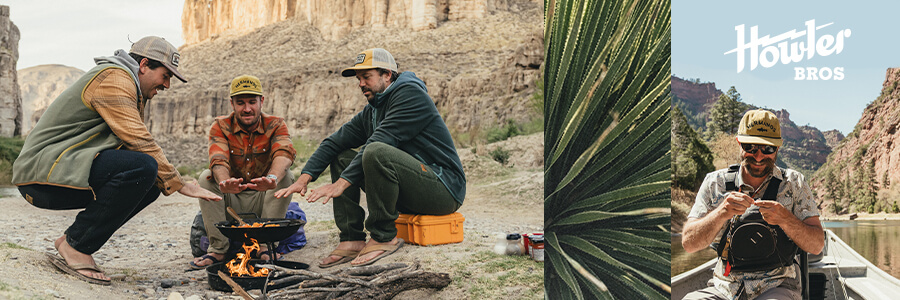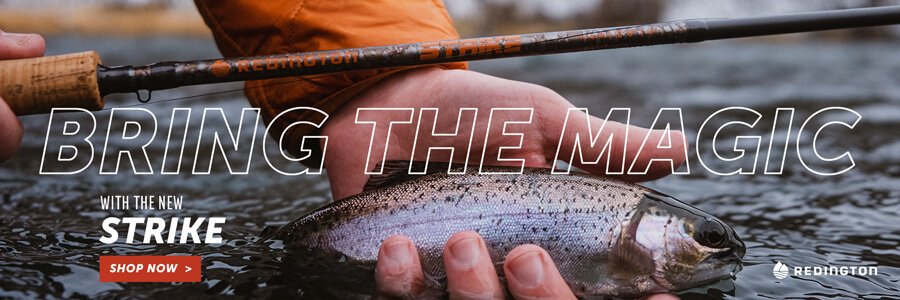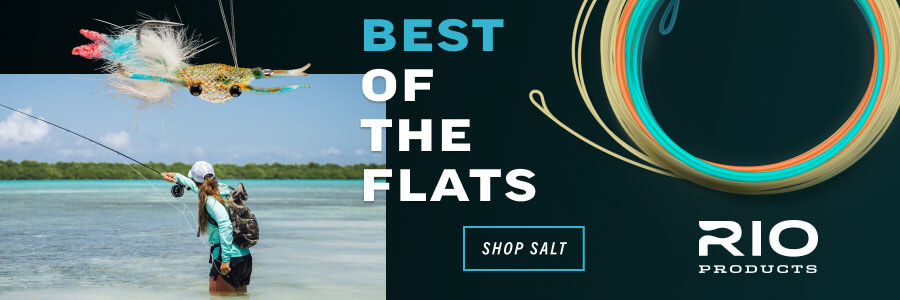Outpost Report Number 1 – Desert Island Solitaire
“Growth for the sake of growth is the ideology of the cancer cell.” – Edward Abbey, The Journey Home: Some Words in Defense of the American West
Ed Abbey has probably had more influence on me than any other writer. I often contemplate this conclusion because Abbey’s best-known writing focused on the arid U.S. West, not tropical shorelines where I spend most of my free time. I’ve concluded that while his geography was desert and slick rock-centric, many of his observations can be applied to other places, including fly angling landscapes. I’m particularly entertained by his chapter titled “Polemic: Industrial Tourism and the National Parks” found in Desert Solitaire. It’s Abbey at his best: profane, sardonic, and hilarious. While I still laugh out loud every time I read that chapter, the lessons to be garnered by that chapter are serious. While I can’t properly summarize the work in a couple dozen words, his main point is that we are destroying national parks and other wilderness areas through making them accessible to the masses entombed in airtight automobiles. We are loving them to death by building more and more infrastructure that can accommodate more and more people. If anything, Abbey wants wilderness harder to visit, less accessible to the masses.
You don’t have to visit national parks in the USA to witness industrial tourism. We have our own versions of it in the fly fishing world. We need accessibility and infrastructure to fish, but like the national parks Abbey wrote about, we can end up destroying the very resource we so desire. Anyone who has fished for more than a few years in accessible areas has probably witnessed some changes such as more people, more trash, more streamside cairns, and fewer or warier fish. Of course, this is a big generalization, but in our most accessible waters, the situation can be bleak and frustrating as we watch flotillas of tubers pass through a deep pool where moments before we were trying to catch a nice fish or collect dozens of yards of monofilament line abandoned in the bait chucker.
The march of industrial tourism doesn’t seem to have any geographical limits either. Even remote corners of the oceans no longer seem insulated. For example, I want to describe a place, a caye, that sits roughly 40 miles offshore at the far southern end of the Belize Barrier Reef. I like this place, a lot. On clear days you can see both Guatemala and Honduras to the south/southwest. It’s a tiny island that keeps getting smaller as it erodes away. I don’t know how much longer the island will be around because the kitchen that once cooked my meals is now about 20 feet from the current shoreline. It’s owned by a local family, whom I’ve known and fished with for 20-plus years. It has a small beach, a few mangroves, a small back lagoon, about a million hermit crabs, a temperamental generator, a few large iguanas, and the consistent trade winds that keep the bugs at bay—most of the time.
This caye serves as a remote fly fishing outpost for anglers who don’t require air conditioning and a full bar with ice. So about 95 percent of the fly anglers don’t stay overnight, but instead eat lunch or visit the island to use the john. It sits just a few hundred yards from the barrier reef that runs north to Mexico and less than a mile from bonefish and permit flats. Few tarpon are caught around the caye, although they occasionally cruise the reef and channels.
I’m fortunate enough to spend a few weeks every year on this caye. When you have more time, you can actually begin to understand the rhythms of nature and the people who inhabit that nature. I say begin because a few weeks is still just a small snapshot in time. But if I cobble my time together, I’ve developed a pretty decent understanding of the comings and goings around this part of Belize over the past 20 years.
It’s one of the least developed, yet still relatively accessible areas I’ve found in the Caribbean. A couple of the neighboring cayes had small resorts at one time or another, but those have long since closed and have either crumbled and rotted or been salvaged by creative mainlanders with a sturdy boat. Today the area is largely visited by occasional fly anglers and guides, conch pirates, commercial fishermen, and drug runners moving their product north along the coast.
It’s not that this place is pristine or unknown, but it’s primitive and far enough away from any luxury lodge so that people who want to be there and are willing to put up with a little more inconvenience than most industrial tourists. Yet even here, the winds of change are present. A recent social media post shook my world. A new development is beginning on an island just to the north complete with a newly dredged channel to accommodate the construction barge which will eventually lead to a new resort of some kind. This new development sits smack in the middle of a marine reserve, but it’s a remote reserve and island so it apparently flies under the radar of any enforcement authorities. Enforcement is a vague term anyway given the money that exchanges hands (under the table) in this part of the world.
There are fewer and fewer remote corners of the world where there is literally no cell signal, no internet, no electricity, and no way off until the next grocery boat stops by. These non-industrial locations are worth savoring and certainly worth managing more sustainably. Now I realize it’s easy for me to wag my finger and say something should be locked up in a time capsule. But at the end of the day, it isn’t just me who benefits from the status quo. It’s also the conch pirates, the hand liners, the sea turtles and a myriad of other human and non-human creatures that don’t need ice or cell service. I’m not suggesting we ban all development, but if it’s in a marine reserve we ought to at least follow the damn rules.
On future reports I’ll keep ya’ll updated on more comings and goings from this part of the world since I’ll be here most of the summer. In the meantime, I’ll end with another apropos quote from Mr. Abbey:
“No, wilderness is not a luxury but a necessity of the human spirit, and as vital to our lives as water and good bread. A civilization which destroys what little remains of the wild, the spare, the original, is cutting itself off from its origins and betraying the principle of civilization itself.” -Edward Abbey


